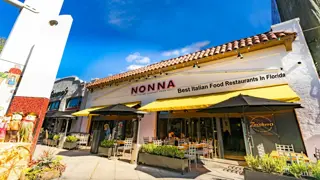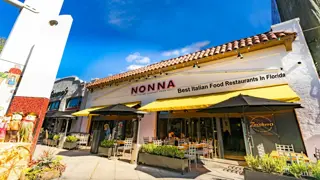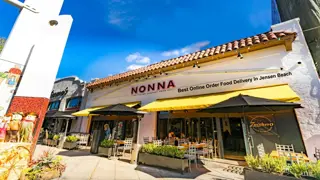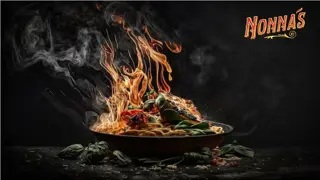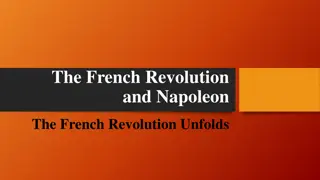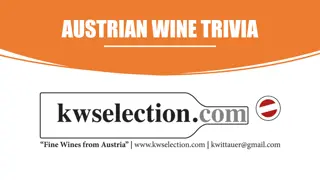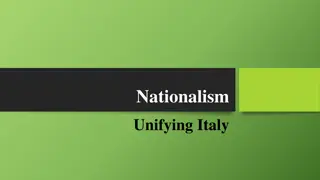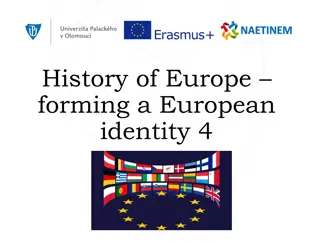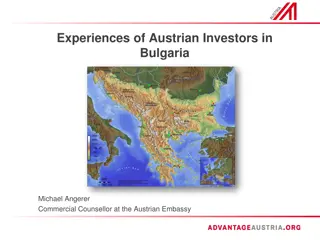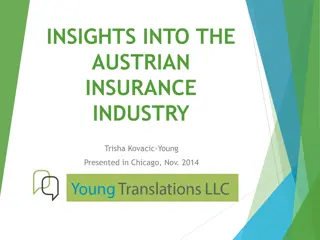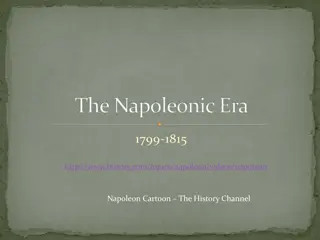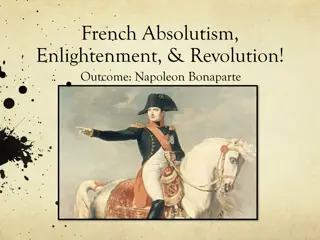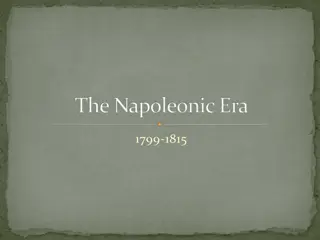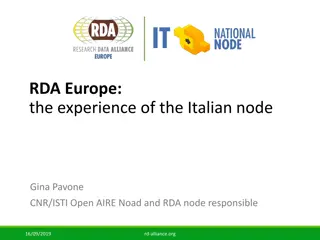Timeline of Napoleon's Italian and Austrian Campaigns
This content delves into Napoleon's military campaigns in Italy and Austria, highlighting key battles such as Lodi, Arcola, Rivoli, Tagliamento, and Campo Formio. It also discusses the consequences of Napoleon's defeat and the Congress of Vienna. Additionally, it explores the geography of Napoleon's downfall during the invasion of Russia. The narrative provides insights into Napoleon's strategic decisions and their impact on Europe.
Download Presentation

Please find below an Image/Link to download the presentation.
The content on the website is provided AS IS for your information and personal use only. It may not be sold, licensed, or shared on other websites without obtaining consent from the author.If you encounter any issues during the download, it is possible that the publisher has removed the file from their server.
You are allowed to download the files provided on this website for personal or commercial use, subject to the condition that they are used lawfully. All files are the property of their respective owners.
The content on the website is provided AS IS for your information and personal use only. It may not be sold, licensed, or shared on other websites without obtaining consent from the author.
E N D
Presentation Transcript
Napoleon Mini Projects Shelby Drew 1/29/2020
Timeline of ItalyAccomplishments 10 May1796 15 & 16 January 1797 17 November 1796 Battle of Lodi Dramatic engagement with Italian forces that led to his nickname "The Little Corporal" for his courage. Italy surrendered to French Control. Battle of Arcola This was a major battle between Napoleon led forces against Austrian 26 miles southeast of Verona Battle of Rivoli This was a key victory by Napoleon in Italy. Most significant was he gained victory with 1/3 of the forces as Austria.
Timeline Austria Accomplishments 16 March 1797 23 March 1797 18 October 1797 Battle of Tagliamento First major battle on the Austrian home front. Austria lost this battle to Napoleon and was forced to retreat northeast. Battle is Malborghetto Napoleon led forces surround the Austrian forces and caused them to surrender in their own country. Treaty Of Campo Formio This treaty was signed as an armistice between Napoleon and Austria.
Two Maps Battle of Tagliamento is one cause of the expansion to France. At Valvasone, French encountered their army and drove it back. After the loss of 500 men the French division isolated an enemy column and forced its surrender atGradisca D'Isonzo. Battle of Jena was another that caused the expansion. The war left french centre weak. Napolean deployed the Imperial Guard to hold French center until Ney could be rescued. Eventhough they were in a troubling situation now he's released.
Geography of Napoleon s downfall. Napoleon decided to invade Russia with over 400,000 men. And Russia having 600 miles away and most of his troops walking. After 3 month of marching and losing 80,000 men he reached Moscow only to find abandoned and in flames. Napoleon's supply lines were too thin to be effective and the winter began to take a toll on the French troops.
Consequences of Frances defeat for Europe The Consquences Congress of Vienna: meeting of ambassadors of European states chaired by Austrian statesman Klemens von Metternich and held in Vienna from November 1814 to June 1815. Who was there:Austrian statesman Klemens Wenzel von Metternich What was their purpose: Provide a long-term peace plan for Europe by settling critical issues arising from the French Revolutionary Wars and the Napoleonic Wars. The goal was not simply to restore old boundaries but to resize the main powers so they could balance each other and remain at peace. By napolean seizure of power which made sure no other parties could control france. Napolean would no longer give jobs to those merely because of social status French being under napolens rule would become untied, strong, and equal. Napolean brought stability and direction to countries without a choice. His unification of france would have a profounding impact on not only Europe, but the entire world. Napoleon's Defeat: French army under the command of Napoleo Bonaparte was defeated by two of the armies of the Seventh Coalition. "An army consisting of units from the United Kingdom, the German Legion, the Netherlands, Hanover, Brunswick and Nassau, under the command of the Duke of Wellington.The battle marked the end of the Napoleonic Wars." European Powers: referred to international relations between European countries during the First World War, which evolved into the present states. Where: The Battle of Waterloo in Belgium. Which European countries were the European powers at the time: Russia, Prussia, Austria, France, and Great Britain Who:An Anglo led Allied army under the command of the Duke of Wellington, and a Prussian army under the command of Gebhard Leberecht von Bl cher.





